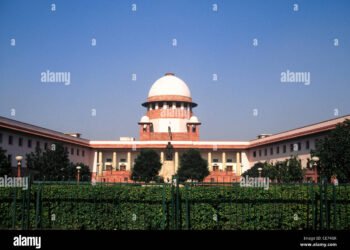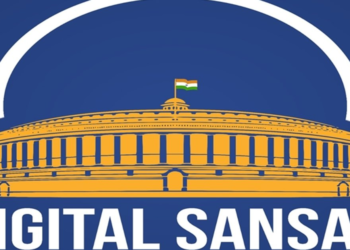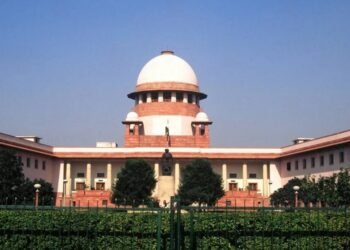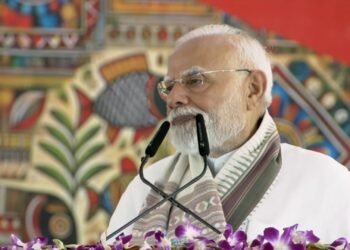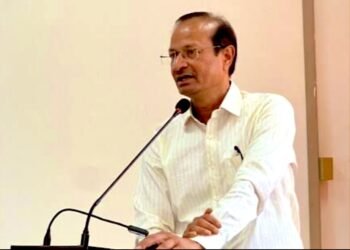The Archaeological Survey of India (ASI) presented a scientific survey report on the disputed Bhojshala-Kamal Maula mosque complex before the Madhya Pradesh High Court on Monday. The article reportedly describes the finding of various historical artifacts that point to the disputed complex’s temple status.
31 coins made of silver, copper, aluminum, and steel found during survey
According to the report, 31 coins composed of silver, copper, aluminum, and steel were discovered during the survey, spanning several time periods. These coins are from the Indo-Sassanian (10th-11th century), Delhi Sultanate (13th-14th century), Malwa Sultanate (15th-16th century), Mughal (16th-18th century), Dhar State (19th century), and British (19th-20th century).
The survey also unearthed 94 sculptures, sculpture parts, and architectural features. These sculptures are created from basalt, marble, schist, soft stone, sandstone, and limestone. They include depictions of Ganesh, Brahma, Narasimha, Bhairava, and other gods and goddesses, as well as humans and animals.
Also read: Arvind Kejriwal granted interim bail by Supreme Court; to remain in jail in CBI case
The animals depicted include lions, elephants, horses, dogs, monkeys, snakes, turtles, swans, and birds. Mythical figures include several types of kirtimukha (glorious faces) and vyalas (composite creatures).
According to the research, numerous depictions of humans and animals have been damaged or chiseled away, particularly in sites where mosques now stand.
Several elements in the existing building have Sanskrit and Prakrit inscriptions, indicating literary and educational pursuits. One inscription references the Paramara dynasty’s King Naravarman (who ruled from 1094 to 1133 AD). Other inscriptions mention Khalji ruler Mahmud Shah, who transformed a temple into a mosque.
Also read: Supreme Court judge recuses from hearing Sisodia’s bail plea
The Bhojshala Complex Controversy
The Hindu community regards Bhojshala, an 11th-century landmark, as a temple of Vagdevi (Goddess Saraswati), whilst the Muslim population refers to it as the Kamal Maula mosque.
For the past 21 years, Hindus have been permitted to worship in the Bhojshala on Tuesdays, while Muslims are permitted to offer namaz on Fridays. The petitioner in the case, the Hindu Front for Justice, challenged this arrangement in the High Court.
On an application from the ‘Hindu Front for Justice’, the High Court ordered the ASI to conduct a scientific examination of the complex on March 11. The ASI was given six weeks to finish the survey.
The ASI began surveying the contested complex on March 22 and finished yesterday. On July 4, the High Court ordered the ASI to provide the full results of the nearly three-month survey on the contested monument’s grounds by July 15.
The High Court will hear the case on July 22.



